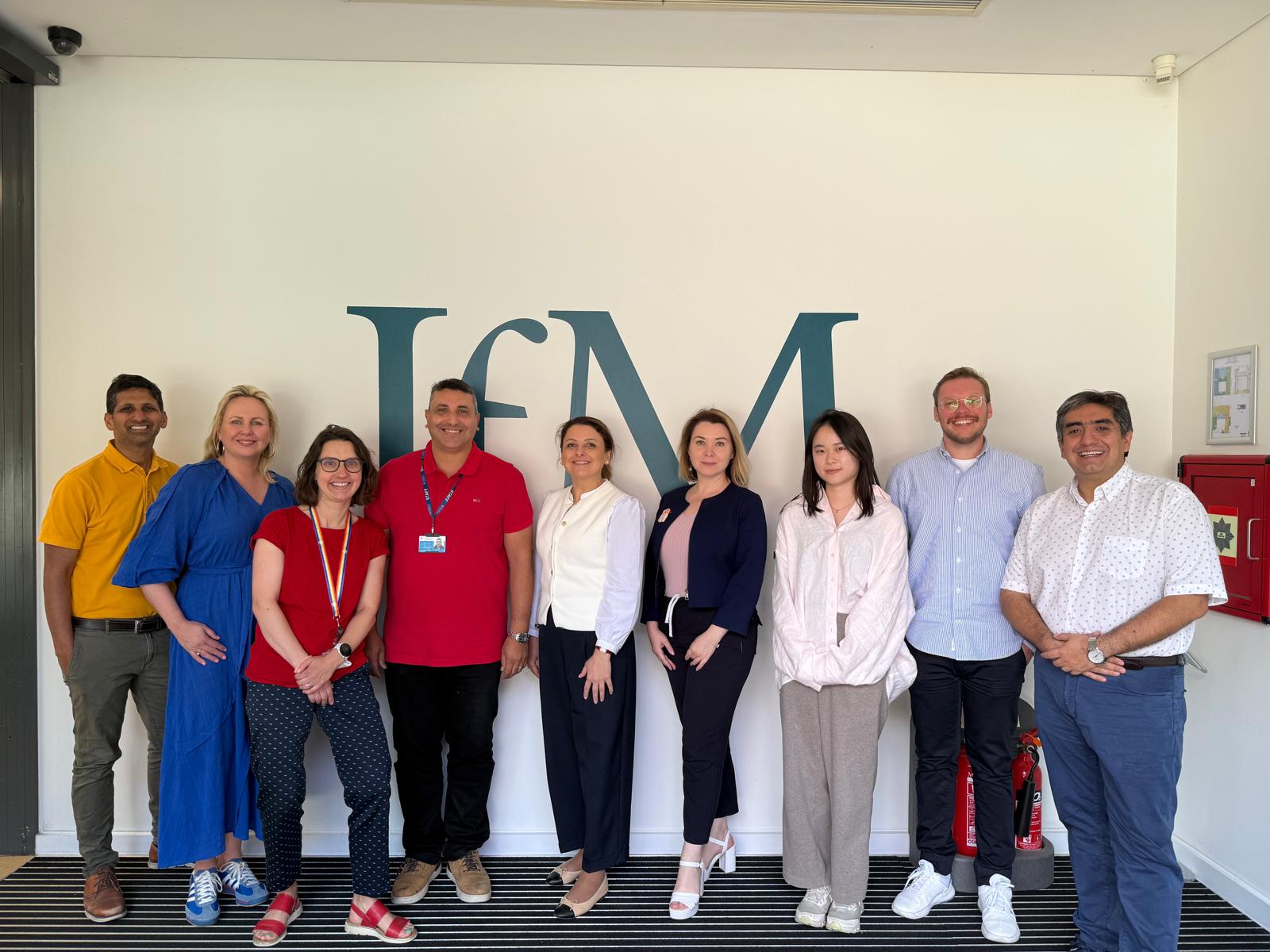
Submitted by Angela Walters on Thu, 21/07/2016 - 12:34
Podcast by Katharina Greve and Veronica Martinez on her new joint research on Living Labs.
Katharina Greve and Veronica Martinez discuss their paper: ‘Facilitating co-creation in living labs: The Josephs study', which is co-authored with Julia Jonas, Andy Neely and Kathrin Möslein.
Included:
- The definition of Living Labs
- What we know about Living Labs already
- How the study with Josephs was structured and carried out
- Who participated in the study and why
- When the five critical success factors to facilitate co-creation should be used
- Why the key findings of the study are important for other firms
- Where further research is needed
Key quotes:
“Interaction and engagement is one of the core principles of the Living Labs so they do everything to design the Living Lab to be interactive, they want to engage the customer. They try to engage playful elements to make them touch and try out these prototypes and then they feed back. The fun aspect of it is really important and not only the customer interacts with the company but also the companies, among themselves, interact with each other.
“If the theme is smart living and you have five different companies that interact with smart living, then they probably have something in common and start a conversation among themselves as well. This way there is a different dynamic in co-creation happening one is towards the customer and one is firm to firm as well.”
The five critical success factors are:
- Customer engagement
- Relationship management
- Operating principles
- The design
- The data collection
“We grouped these five categories and we identified 41 elements that are critical to the facilitation of co-creation in Living Labs. Ideally we would like to validate these findings and we see them as a guideline for future Living Labs and how they can be organised for what the set up can look like.
“It provides a framework to show how you can do this, supported by the current literature on this which interestingly does not focus on operating principles and data collection.
“Operating principles is a major component for companies as it outlines the concept and values of the Living Labs and how companies can engage with them and so is data collection as it is unique. Josephs is mainly concerned with operational goals and the relationship with the customer, and the data collection approach and the design layout. These are not normally extensively discussed.
“In contrast to the theory companies do want to obtain benefits from the Living Lab experience. There is not much agreement between theory and practice in regards to how co creation can be facilitated in Living Labs which is why we need further research on this.”



